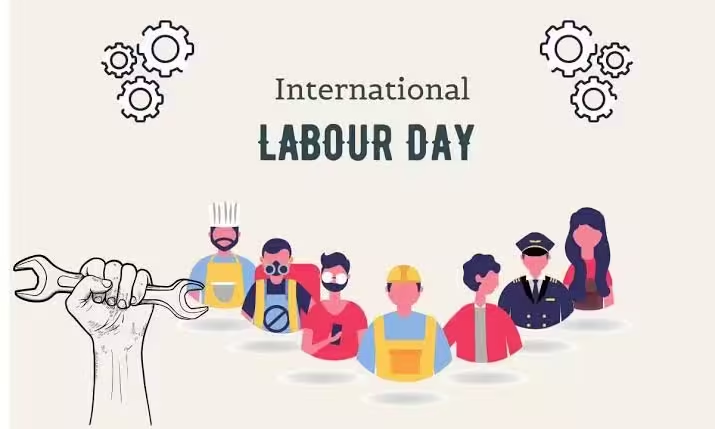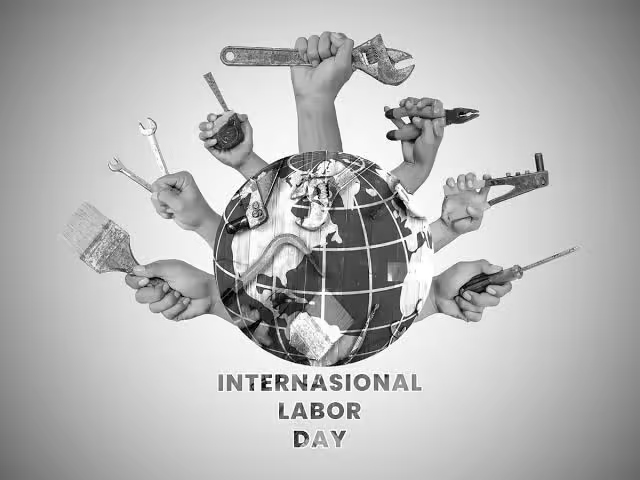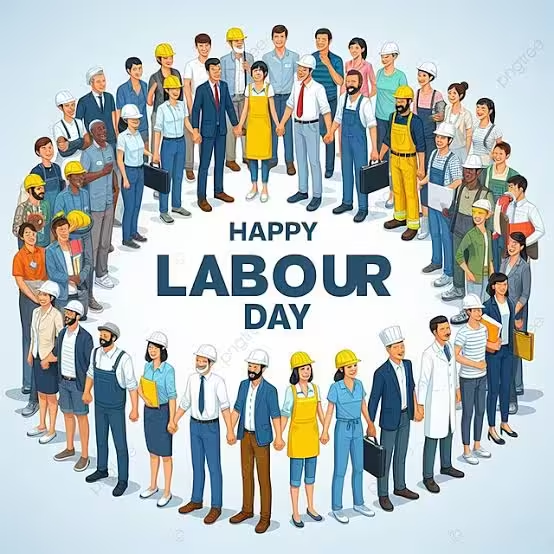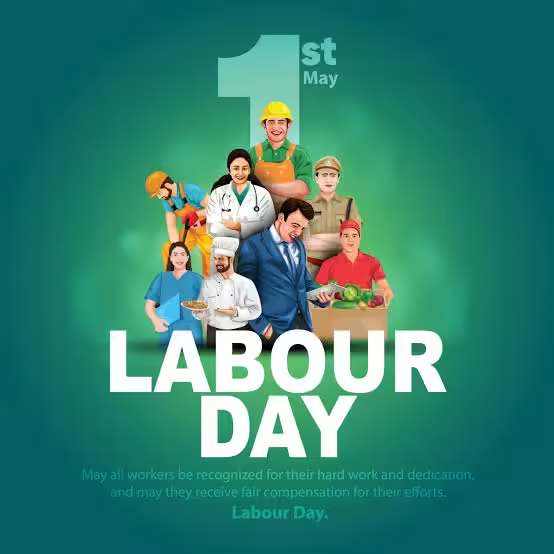Labor Day 2024 is not just a day off from work; it is a time to reflect on the progress made in workers’ rights and to recognize.
Table of Contents

LABOUR DAY 2024: Labor Day 2024 is not just a day off from work; it is a time to reflect on the progress made in workers’ rights and to recognize the ongoing efforts needed to address contemporary labor issues. The holiday serves as a reminder of the importance of fair labor practices and the need to continually advocate for improvements in working conditions.As we celebrate Labor Day, we honor the legacy of those who fought for workers’ rights and look forward to the future of work with a commitment to ensuring that all workers benefit from the advancements and opportunities that lie ahead. The achievements of the labor movement have laid a strong foundation, but the work continues as we strive for a more equitable and just world of work.
Labor Day, observed on the first Monday of September, is a day dedicated to honoring the contributions and achievements of workers. It marks the culmination of the summer season and serves as a tribute to the labor movement’s impact on improving working conditions and securing rights for workers. As we approach Labor Day 2024, it’s an opportune moment to reflect on the holiday’s history, its significance in the contemporary workplace, and the ongoing challenges and achievements in the realm of workers’ rights.
Historical Background

The origins of Labor Day in the United States trace back to the late 19th century, during a period of significant industrial growth and labor unrest. The Industrial Revolution had transformed economies, leading to increased production but also harsh working conditions. Workers faced long hours, low wages, and unsafe environments. This period saw the rise of labor unions, which played a crucial role in advocating for workers’ rights and improving labor standards.
The first Labor Day parade took place on September 5, 1882, in New York City, organized by the Central Labor Union (CLU). This event was a demonstration of solidarity and a call for better labor conditions. The idea quickly gained traction, and by 1894, Labor Day was officially recognized as a federal holiday, thanks to President Grover Cleveland’s efforts. This was partly in response to the Pullman Strike of 1894, a major labor conflict that had resulted in significant unrest and a loss of life.
Labor Day Today

In the contemporary context, Labor Day serves multiple purposes. It is both a celebration of the achievements of the labor movement and a moment to reflect on ongoing labor issues. The day is marked by parades, picnics, and other community events, but it also provides an opportunity to consider the evolving landscape of work and workers’ rights.
The workplace has changed dramatically since the early days of Labor Day. Technological advancements, globalization, and shifts in economic structures have reshaped the nature of work. Remote work, gig economies, and automation are some of the most notable changes. These developments have created new opportunities but also introduced new challenges for workers and employers alike.
Contemporary Labor Issues

Despite significant progress, wage disparity remains a critical issue. While the cost of living has increased, many workers continue to struggle with stagnant wages. The push for a higher minimum wage and fair compensation for all workers is ongoing. and Advances in technology have improved safety in many industries, but challenges persist. Ensuring that workplaces are safe and that workers are protected from harm is an ongoing concern. The COVID-19 pandemic highlighted the need for robust health and safety measures and has accelerated discussions about the future of work and workers’ well-being.
The rise of the gig economy has introduced flexibility but also uncertainty for many workers. Issues related to job security, benefits, and fair pay for gig workers are critical topics. Advocates are calling for better protections and regulations to ensure that gig workers receive fair treatment.The blurring of lines between work and personal life, especially with the rise of remote work, has raised concerns about work-life balance. Many workers are seeking better boundaries and support from employers to manage their professional and personal lives effectively.
Ensuring that workplaces are inclusive and equitable is an important aspect of modern labor issues. Efforts to address discrimination and promote diversity are central to creating fair and supportive work environments.
The Future of Work

Looking ahead, the future of work is likely to be shaped by several trends and innovations. Artificial intelligence, automation, and other technological advancements will continue to transform industries and job roles. While these changes present opportunities for increased efficiency and new types of work, they also pose challenges related to job displacement and the need for reskilling.
The role of labor unions and advocacy groups will be crucial in navigating these changes and ensuring that workers’ rights are upheld. As the nature of work evolves, so too must the frameworks and policies that protect workers. This includes updating labor laws to address new work arrangements, enhancing support for retraining and career development, and ensuring that technological advancements benefit all workers.
- why Taliban say I love Hindustan - September 19, 2024
- International Day of Peace 2024 - September 18, 2024
- International Equal Pay Day 2024 - September 17, 2024